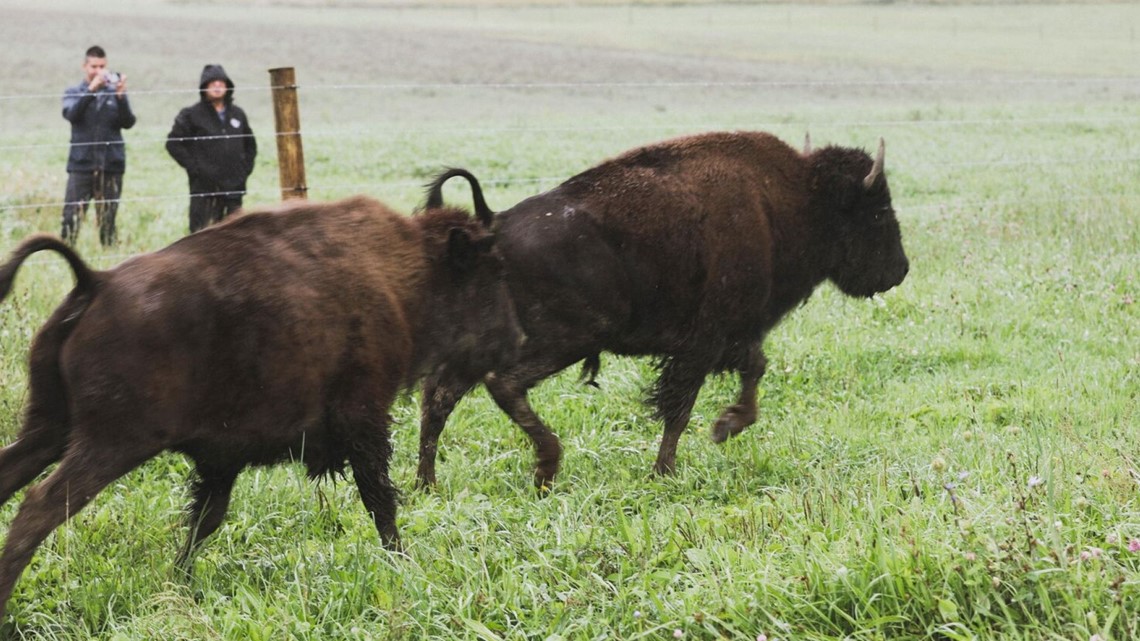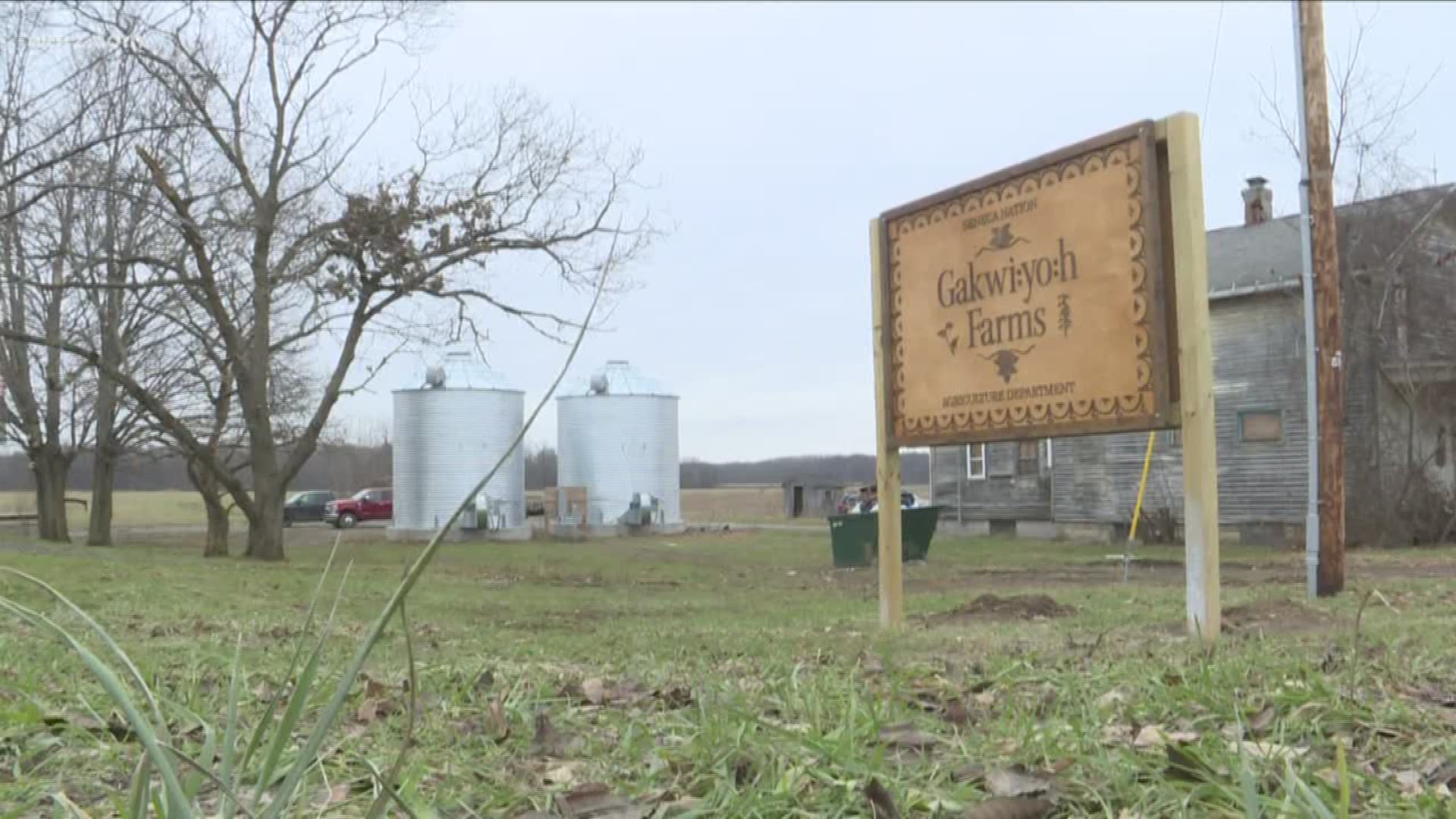Though food is a basic need in order to survive, modern convenience has made that necessity into something we take for granted.
For those who grow their own food, nothing is taken for granted, and the entire process is treated with reverence and joy.
The Seneca Nation, long ago, had their food traditions altered by western society's influence. Once a great hunter-gatherer society, they were skilled at working with the Earth, raising crops and hunting without overusing their natural resources. Colonization changed many of their methods, but the traditional ways were never completely lost.
Now, the Seneca Nation Agriculture Department is attempting to bring ancient knowledge into the present in an effort to address food security and sovereignty. Michael Snyder is Director of the Seneca Agricultural Director.
"Food sovereignty is a big issue within Indian Country right now. A bunch of different nations throughout Turtle Island are moving toward producing their own traditional foods and creating food for our communities."
Kenny Lay is a laborer at the farm. "For our sovereignty being self sufficient is one of the major roles in it. And with us being able to grow our own food, harvest our own bison, it helps a lot."
For the Seneca Nation, that begins at Gokwi:yo:h Farms in Collins.
"Gokwi:yo:h " means "good food" in Seneca, and the year old project has already lived up to it's name. The early focus was on growing the traditional "3 Sisters", squash, corn, and beans.
Some of the squash was grown from seeds that are centuries old. They were found at a dig on Native land in Wisconsin in 2015.
Farm Coordinator Frank John explains, "They found this pot, they tested the pot and it's 805 years old, and it had those squash seeds in there, and sure enough, they planted some, they come back and those have been around, I don't know how long ago, that wasn't too long ago, and those seeds are getting passed around."


The department also is steward of a small herd of 15 bison, acquired earlier this year. The massive mammals were once an important food source for the people, something the farm is looking to reestablish .
The first bison harvested has already fed members of the Nation, but Snyder says their benefits extend beyond just sustenance.
"For something that can provide not only warmth, but food as well as tools and everything that comes from it, there's just a deeper respect i think, for an animal that can provide something like that for you."
The funding for the farm comes from casino revenue. "If we didn't have that money coming in, it makes it real difficult to do the things that we do, so I don't think that story is ever told," Snyder says. "It's always like we're stealing from Niagara Falls or Buffalo or Salamanca, and it's like no, we're not. We've been here forever, we're not going anywhere, why would we want to do that to our neighbors?"
The farm is both food bank and classroom, perpetuating ancient knowledge that still has an important place in modern society. It's a healthy beginning to a future of renewal and growth for Gakwi:yo:h Farms and the Seneca Nation.
"We're supposed to be the stewards of this land, we need to act like it, cause I'm tired of people saying that we are, and not act like it," says Snyder. "So I'm calling everybody's bluff and say, alright, let's be that then. I think the world needs us to be that. To show that and to carry forward these ancestral teachings."
For more information, click here.

